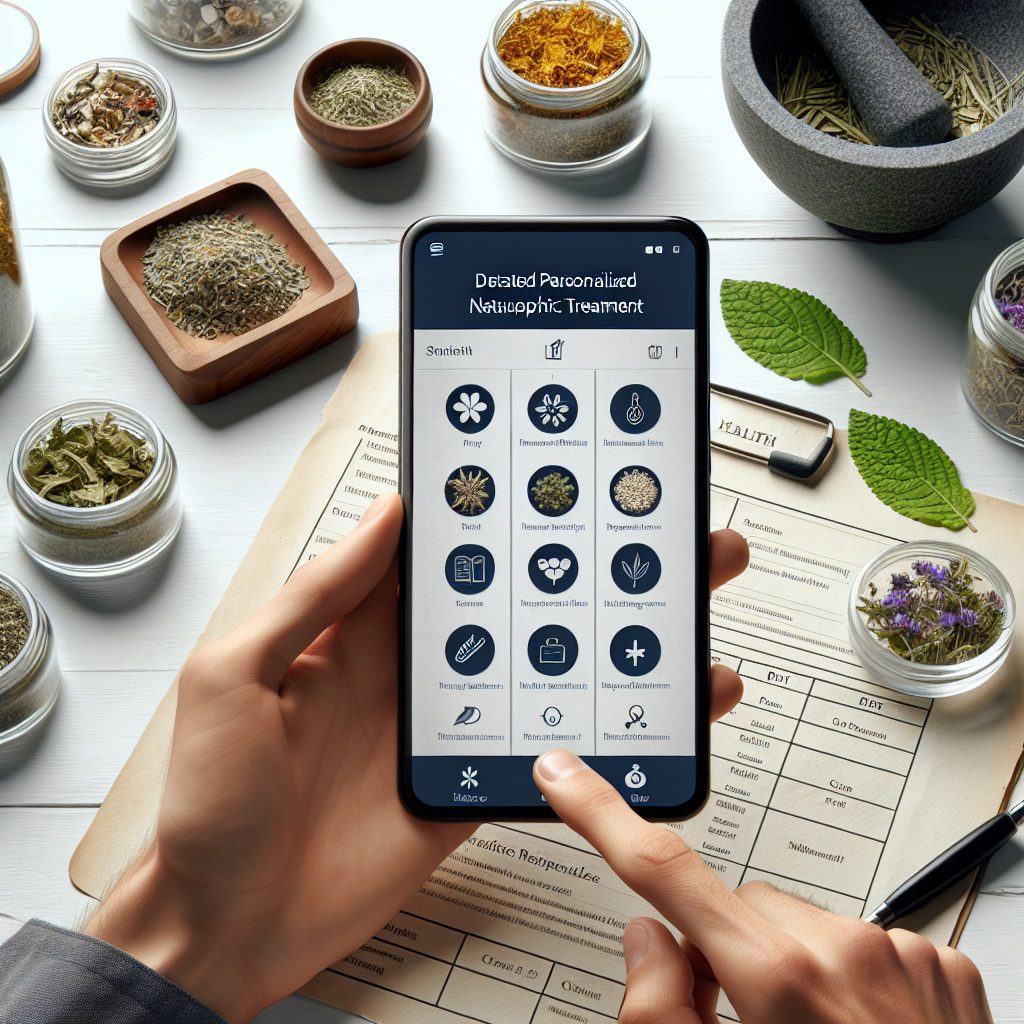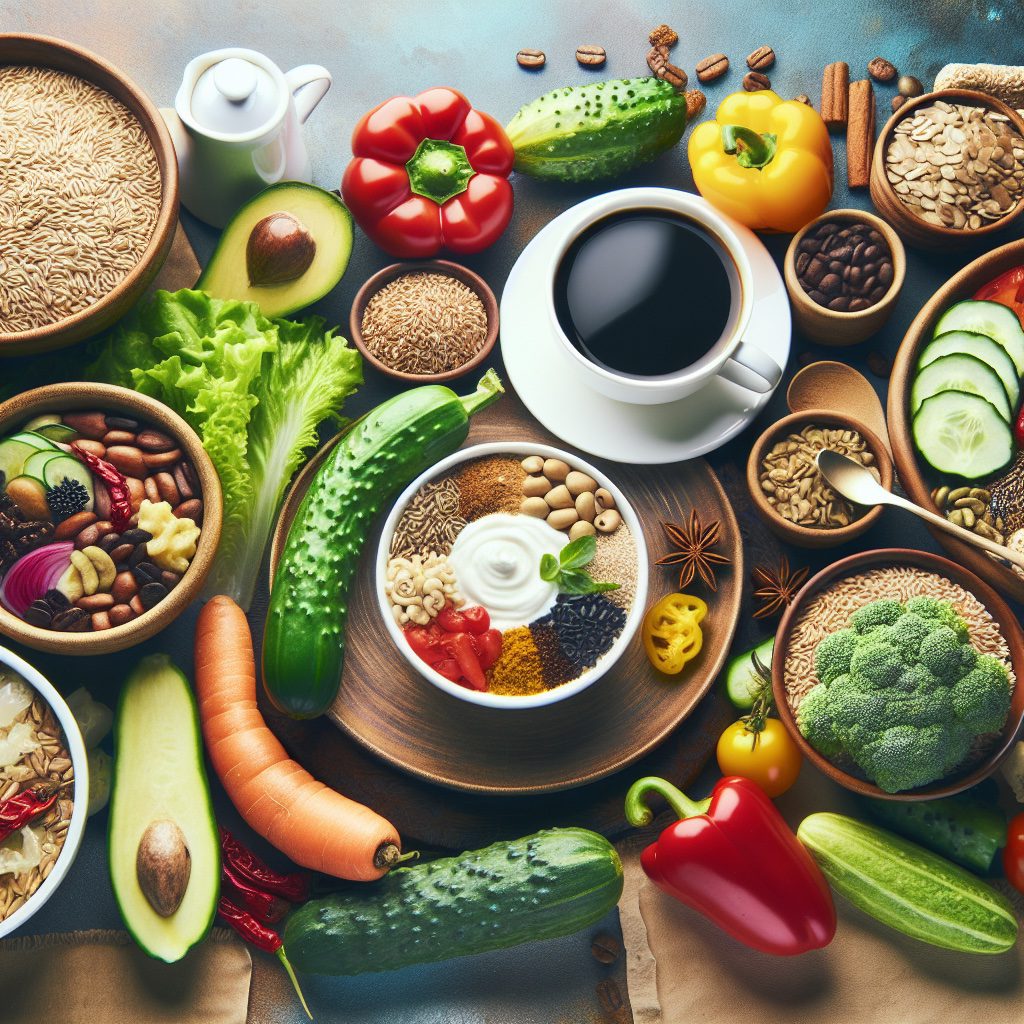Are you among the growing number of people embracing intermittent fasting as part of your wellness routine? Whether you’re a fasting veteran or just dipping your toes into this ancient practice, you’ve likely wondered what beverages you can enjoy during your fasting windows without breaking your fast.
The good news? Herbal teas aren’t just allowed—they might be your new best friend on this journey. These natural brews can be both a comforting companion and a powerful enhancer to your fasting experience, offering benefits that extend far beyond simple hydration.
Intermittent fasting has exploded in popularity in recent years, with people discovering its potential benefits for weight management, metabolic health, and even longevity. But let’s face it—those fasting hours can sometimes feel challenging. This is where the ancient wisdom of herbal teas comes in, offering a flavorful respite that won’t kick you out of your fasted state.
“I’ve found that having a warm cup of herbal tea during my fasting window not only helps me stay hydrated but also gives me something to look forward to,” shares Maria, a yoga instructor who’s been practicing intermittent fasting for three years. “It feels like I’m nurturing my body even while giving my digestive system a break.”
Eastern Wisdom: Herbal Teas Through the Lens of Traditional Chinese Medicine
When we look at herbal teas through the perspective of Traditional Chinese Medicine (TCM), we discover they’re so much more than just tasty beverages. For thousands of years, Chinese medicine has viewed herbal teas as powerful tools for achieving balance in the body—a philosophy that aligns perfectly with the goals of fasting.
In TCM, fasting isn’t just about abstaining from food; it’s about creating harmony between opposing forces in the body. Herbal teas are seen as gentle modulators that can help restore this harmony, especially during periods when we’re not eating.
“Traditional Chinese Medicine views the body as an interconnected system where balance is key to health,” explains Dr. Lin, a TCM practitioner. “Herbal teas during fasting can help maintain this balance by supporting the body’s natural functions without disrupting the benefits of the fast itself.”
TCM classifies herbs based on their energetic properties—warming, cooling, moistening, or drying—and their effects on different organ systems. During fasting, certain herbs can be particularly beneficial:
- Cooling herbs like chrysanthemum and mint can help temper the “heat” that may arise during fasting
- Digestive herbs such as ginger and fennel support the stomach and spleen systems even when they’re not actively digesting food
- Adaptogenic herbs like licorice root help the body adapt to the stress that fasting might initially cause
This ancient practice of using herbs to support bodily functions during periods of dietary restriction shows remarkable alignment with modern science. Many herbs traditionally used in TCM have been found to contain compounds that support metabolic health, reduce inflammation, and promote cellular repair—all processes that fasting aims to enhance.
At HerbalsZen, we deeply respect this traditional wisdom, believing that listening to your body’s signals and responding with natural remedies creates the foundation for true wellness. Herbal teas provide a gentle way to support your body’s voice during fasting, offering comfort without compromise.
Your Fasting Toolkit: The Best Herbal Teas to Support Your Journey
Not all herbal teas are created equal when it comes to supporting your fast. Some stand out for their specific benefits that complement the fasting process. Here’s your guide to selecting the best herbal teas for fasting:
Peppermint Tea: The Craving Crusher
If hunger pangs are your biggest fasting challenge, peppermint tea might be your answer. Research suggests that the natural compounds in peppermint can help reduce appetite and ease digestive discomfort. The refreshing menthol aroma also works on your senses to reduce cravings.
“I start every fasting day with peppermint tea,” says James, who practices 16:8 intermittent fasting. “It helps wake me up and seems to keep my stomach settled until my eating window opens.”
Ginger Tea: The Digestion Hero
Ginger has been used for thousands of years to support digestive health. During fasting, a cup of ginger tea can:
- Reduce any nausea that might come with early fasting
- Stimulate sluggish digestion as you transition back to eating
- Provide a warming sensation that’s particularly comforting during longer fasts
For the best results, use fresh ginger root steeped in hot water rather than powdered varieties, which may contain additives.
Green Tea: The Metabolism Booster
While not strictly an herbal tea (it contains small amounts of caffeine), green tea deserves a mention for its exceptional fasting benefits. The catechins in green tea have been shown to enhance fat oxidation and improve insulin sensitivity—two processes that complement the metabolic benefits of fasting. Just be aware that the caffeine content might affect some people’s fasting experience.
Chamomile Tea: The Fasting Soother
Fasting can sometimes disrupt sleep patterns, especially when you’re just starting out. Chamomile tea, with its mild sedative effects, can help you relax and get the restorative sleep that’s crucial for maximizing fasting benefits. Its anti-inflammatory properties also support the cellular repair processes that fasting activates.
Rooibos Tea: The Antioxidant Powerhouse
This South African herbal tea is naturally sweet without containing any calories or sugar. Rich in antioxidants, rooibos can help protect your cells from oxidative stress during fasting. It’s also naturally caffeine-free, making it perfect for evening consumption during your fasting window.
Dandelion Root Tea: The Detox Support
Fasting initiates natural detoxification processes in your body. Dandelion root tea can complement this by supporting liver function—the organ primarily responsible for clearing toxins from your system. It has a slightly bitter, coffee-like flavor that many find satisfying during fasting periods.
To maximize the benefits of herbal teas during fasting, keep these tips in mind:
- Drink them plain, without added sweeteners (even natural ones like honey will break your fast)
- Check herbal tea blends carefully for added ingredients that might contain calories
- Steep according to package instructions to extract the optimal amount of beneficial compounds
- Listen to your body—if a particular tea doesn’t agree with you during fasting, try another variety
Remember, the best herbal tea for fasting support is ultimately the one that makes your fasting experience more enjoyable and sustainable. At HerbalsZen, we believe that developing a personal relationship with herbal remedies means honoring your body’s unique responses and preferences.
Clearing the Confusion: Why Herbal Teas Don’t Break Your Fast
Despite their rich flavors and aromas, most pure herbal teas won’t break your fast. Here’s why:
True herbal teas (those made from herbs, flowers, roots, and spices—not from the actual tea plant) contain virtually no calories when consumed without additives. Since they don’t trigger an insulin response or activate the nutrient-sensing pathways in your body, they don’t interrupt the beneficial processes that fasting initiates.
“From a scientific standpoint, consuming something with fewer than about 50 calories typically won’t break a fast or significantly impact autophagy,” explains nutritionist Dr. Maya Wilson. “Most herbal teas contain fewer than 5 calories per cup, placing them well below this threshold.”
In fact, herbal teas can actively support your fasting goals in several ways:
Hydration support: Staying hydrated is crucial during fasting, and herbal teas provide a flavorful alternative to plain water.
Electrolyte balance: Some herbal teas naturally contain minerals that help maintain electrolyte balance during fasting.
Autophagy enhancement: Certain compounds in herbs may actually support autophagy—the cellular “cleaning” process that fasting activates.
Blood sugar stability: Herbs like cinnamon can help regulate blood sugar levels, making your fasting experience more comfortable.
Common misconceptions about herbal tea during fasting often stem from confusion about what actually breaks a fast. While strict water fasting allows only water, most intermittent fasting protocols allow calorie-free beverages like herbal tea without compromising benefits.
That said, always check labels carefully, as some commercial herbal tea blends may contain added sugars, flavors, or other ingredients that could potentially impact your fast. When in doubt, stick to single-ingredient herbal teas or trusted blends specifically designed for fasting support.
At HerbalsZen, we honor the traditional wisdom that recognizes herbal teas as natural allies during periods of dietary restriction. Our ancestors understood what modern science now confirms—that these plant-based infusions can nourish and support even when we’re abstaining from food.
Embracing the Journey: Integrating Eastern Herbal Wisdom Into Your Fasting Practice
Fasting is more than just a trend—it’s a journey back to our roots, a rediscovery of ancient wisdom that modern science is now validating. By incorporating herbal teas into your fasting practice, you’re participating in a tradition that spans cultures and millennia.
The Eastern approach to wellness emphasizes listening to your body and responding with natural remedies that support rather than override its wisdom. This philosophy perfectly complements the fasting journey, which is ultimately about creating space for your body to speak and heal.
Here are some ways to mindfully integrate herbal teas into your fasting practice:
Create rituals: Set aside specific times during your fasting window to prepare and savor herbal tea. The ritual itself can become a nurturing practice that makes fasting more enjoyable.
Rotate your teas: Different herbs offer different benefits. Consider rotating your herbal teas throughout the week to give your body a full spectrum of plant-based support.
Journal your experience: Note how different herbal teas affect your fasting experience. Does chamomile in the evening improve your sleep? Does ginger tea in the morning reduce hunger? Your body’s wisdom will guide you.
Share with others: The journey to wellness is always richer when shared. Exchange herbal tea recommendations with fellow fasters and create community around your practice.
Remember that both fasting and herbal remedies are highly individual experiences. What works beautifully for one person might not resonate with another. The key is developing a personal relationship with these practices—listening closely to your body’s signals and adjusting accordingly.
At HerbalsZen, we believe that true health emerges from harmony between humans and nature. Herbal teas represent this harmony in its purest form—plant wisdom distilled into a cup, ready to support your body’s natural intelligence during fasting and beyond.
As you continue or begin your fasting journey, we invite you to explore the rich world of herbal teas as your companions. These ancient plant allies have supported humans through dietary transitions for thousands of years. They stand ready to support you too, offering comfort, flavor, and beneficial compounds that enhance rather than disrupt the transformative process of fasting.
Your body speaks a language all its own. When you fast, you create space to hear it more clearly. When you sip herbal tea during your fast, you respond with nature’s gentle support. This conversation—between your body, ancient plants, and timeless practices—is the essence of holistic wellness that we at HerbalsZen strive to honor and share.
What herbal tea will you try during your next fasting window? Your body awaits your offering, ready to transform this simple act into another step toward balance and vitality.




